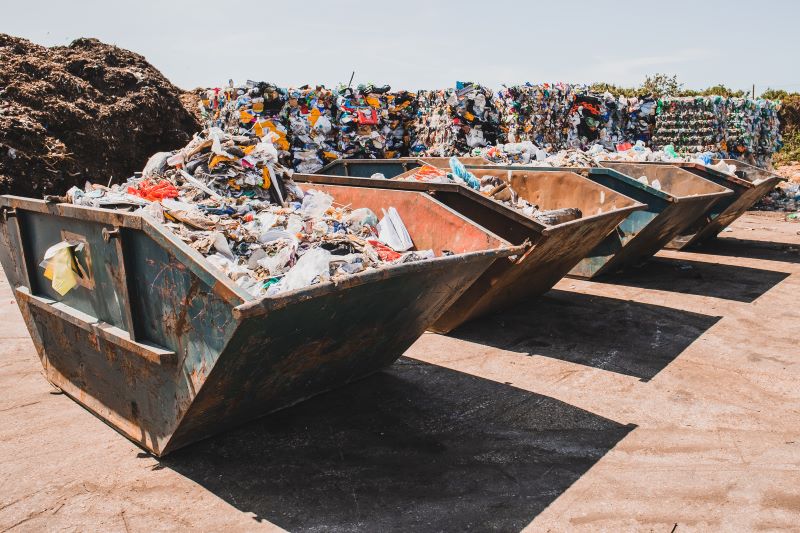
EV Myths # 4 “What happens to EV batteries after their life propelling a car?”

Have you heard this EV myth? “Those electric vehicle batteries will end up in the landfill!”
There is an ongoing myth that EV batteries end their life being thrown into the landfill. Perhaps this is because that is what some people do with their consumer electronics batteries (please do NOT do that) and an assumption is made that is also true for EV batteries.
As we’ve already discussed, the batteries you buy with your new EV are made to last the entire life of your car, much like the engine in a gas or diesel is intended to do the same. So, we are talking about what happens to EV batteries after 250,000 or 500,000 kms and 15-20 years of EV use.
First off, the batteries will have only lost 30-35% of their maximum range (one could continue to run the battery much further if you choose) and still have a great deal of energy storage capacity. For instance, a 50 kWh battery having lost 30% of its capacity still has 35 kWh of storage potential- almost 50% more than a 2016 Nissan LEAF had when brand new.
What can you do with that potential? How about repurposing as backup energy storage, like a household uninterruptable power source (UPS), or in a business? When used this way the battery is not being heavily stressed as it was in vehicle application as the recharge and discharge rates are much slower and the battery will last much longer- perhaps decades.
Secondly, these batteries were expensive to produce, maybe costing an average of $500 per kWh (newer batteries are closer to $100/kWh) while storage batteries for home use currently run at over $1000/kWh. Thus, trucking $12,000-$24,000 of battery off to the landfill is not going to happen, and hasn’t yet.
There is also the value of the concentrated processed materials in the battery to a battery maker. The end-of-life battery will save vast amounts of energy and money involved in the raw material collection, processing, and fabrication NOT needed when these batteries are recycled.
Recycling of EV batteries is only now starting to become a viable business because EV batteries have been lasting longer than most thought they would. A US company, Redwood Materials (headed by former Tesla principal J.B. Straubel) and a Canadian company, LiCycle, are coming online using mainly consumer electronics batteries and a trickle of post crash EV batteries and plan to expand their operations to achieve a circular economy in battery materials, where new batteries are made from infinitely recycled old batteries.
Eventually this means a steady state in material processing is achieved and mining activity can conceivably be retired.
So, the reply to EV batteries ending up in the landfill is “…that doesn’t make any financial or environmental sense.”
This myth is BUSTED.


